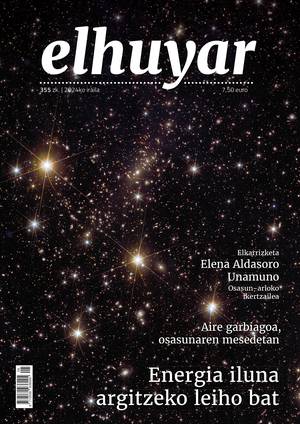Sexual genetic discrimination has not always been so
In both animals and humans, different sexes are genetically different. The male's characteristic Y chromosome carries 100 times less information than the female's X chromosome and is 3 times less. But at one time this couple was not so different. Biologist David Page of the Howard Hughes Institute and geneticist Bruce Lahn of the University of Chicago have studied DNA sequences throughout the evolution of the chromosome and have discovered that in ancient reptiles there was a single chromosome.
In these species, as in the case of current turtles and crocodiles, sex was determined by the incubation temperature of eggs. 300 million years ago, when mammals separated from birds, there was a mutation that gave rise to the gene associated with male formation, which has been maintained to date.





